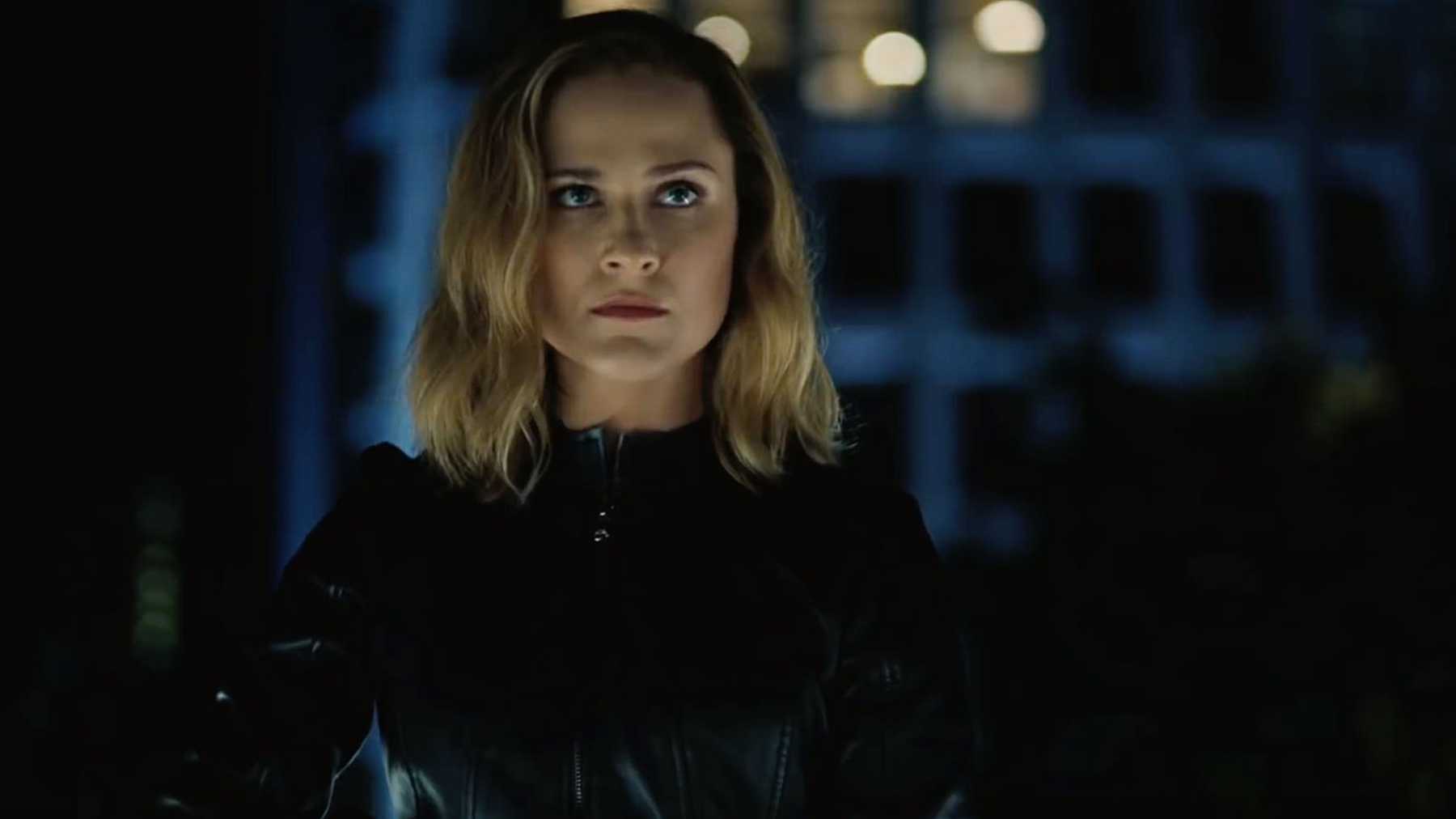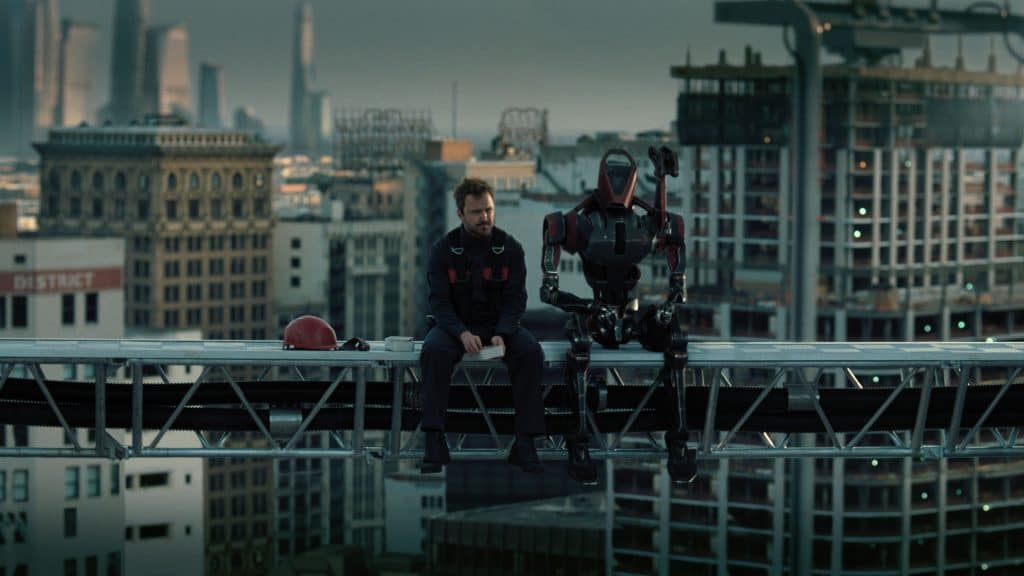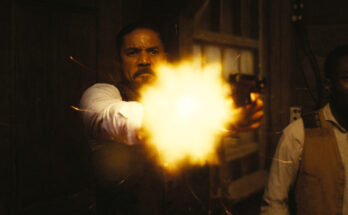Want to hear more from the actors and creators of your favorite shows and films? Subscribe to The Cinema Spot on YouTube for all of our upcoming interviews!
Managing editor & film and television critic with a Bachelor's of Arts in English Literature with a Writing Minor from the University of Guam. Currently in graduate school completing a Master's in English Literature.
HBO’s science-fiction action drama Westworld returned this month with new paranoid stories on automatons, and in light of all the end-of-the-world events happening today, it seems fitting that we review this new season of the series, which is subtitled The New World. The Season 3 premiere episode “Parce Domine” is directed by series creator Jonathan Nolan, and is written by Nolan and co-creator Lisa Joy.
Minor spoilers ahead for those have not caught up with the show or never seen it before, specifically this episode.
The season is off to a good start with a new story arc containing a seemingly less confusing structure. The direction is on its way here as the episode explores the Hosts’ new environment. The episode follows the three surviving Hosts — Dolores Abernathy, Charlotte Hale, and Bernard Lowe — as they had escaped the Delos’s Westworld park and have lived on Earth for three months.
The cinematography and musical scoring are top-notch but we can tell the better aspects are the writing, pacing, and character development. Dolores takes an antihero approach, getting justice from those who subjected her fellow Westworld Hosts to the horrors of the surface dwellers. Although Tessa Thompson’s character Charlotte has scarce screentime in the episode, the actress’s performance proves she still has the automaton act down to a tee. The season also introduces Breaking Bad’s Aaron Paul as Caleb Nichols, a former soldier who lost a friend in battle.
The technologies to be scrutinized under the lens here are the self-driving vehicles and mobile applications. Throughout the episode, we are convinced that living is better through algorithms and technology. Despite the evolution of advanced technology, life isn’t all that great. Like Dolores says in one scene, “People believe the things that help them.”
The episode takes some lessons from French theorists Guy Debord’s Society of the Spectacle and Roberto Simanoski’s The Death Algorithm. On one hand, we have a pseudo-world controlled by digital technology, giving its populace fragmented and falsified worldviews that achieve universal separation. Human social life takes a visible albeit negative form. Paul’s Caleb uses an application that facilitates the earning of income. In addition, Debord also discusses the spectacle’s “affirmation of … the identification of all human social life with appearances.” Bernard fears he may be discovered for what he did in the park, and he finds himself running from the law. On the other hand, is Simanowski’s idea critique that “we cheat ourselves not of alternative routes but alternative experiences.” A character commits crimes using devices that cheat their way through the experience of the criminal. As it has been said, the world was built “to be a game and then they rigged it to make sure they always won … Even if it is [rigged], you still have to play if you want a chance to win.”
At the end of the day, humans are more of a problem than a solution. We were the ones who invented the self-driving car and mobile phone applications. As Simanowki puts it in his theory of digital technology, “Man becomes god and breathes life into other creatures … We shape our tools and thereafter our tools shape us.” Such is the case with Dolores when she becomes an instrument for control. Westworld‘s “Parce Domine” is an intriguing start to the season.
8.5/10
Have you seen this series? If not, do you plan to binge it? Let us know! For more Westworld-related news and reviews follow The Cinema Spot on Twitter (@TheCinemaSpot) and Instagram (@thecinemaspot_).
Managing editor & film and television critic with a Bachelor's of Arts in English Literature with a Writing Minor from the University of Guam. Currently in graduate school completing a Master's in English Literature.







21 Comments on “‘Westworld’ Season 3 Premiere Review – “Parce Domine””